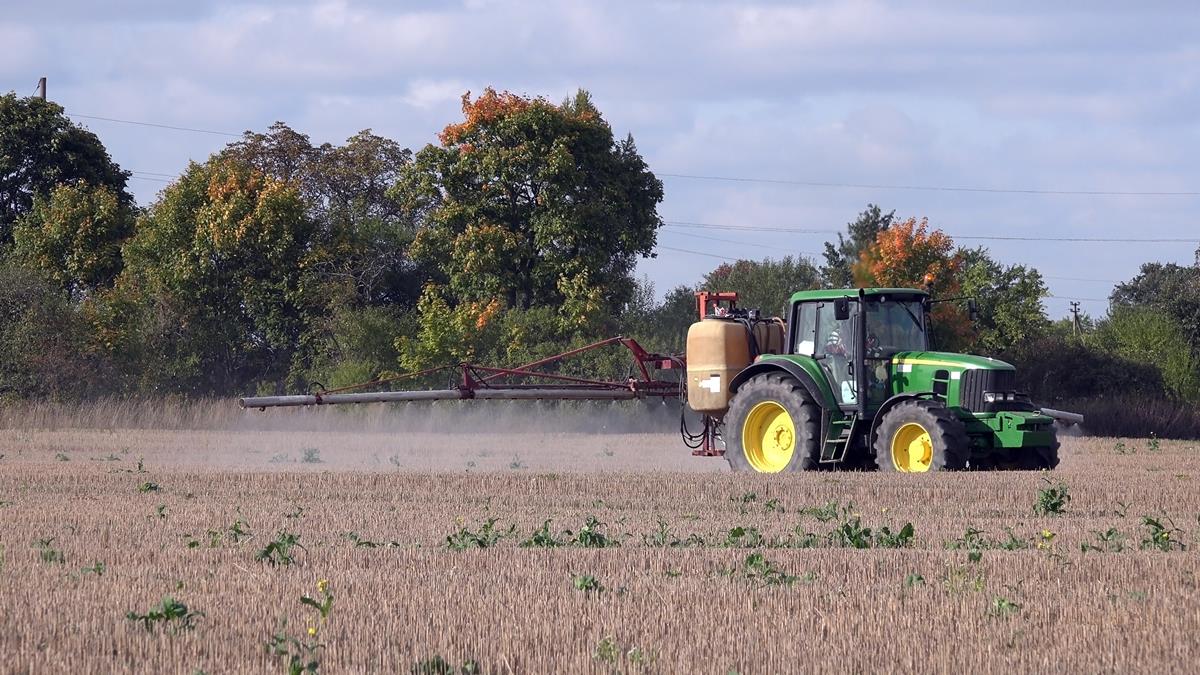A conservative agricultural spokesperson, has spoken out against a report on pesticides which she says “misrepresents” the findings of the European Parliament’s own researchers.
Member of the European Parliament (MEP) Anthea McIntyre delivered a scathing criticism of the report which has been drawn up by the Parliament’s Environment Committee when it was debated at Strasbourg’s plenary sitting of the house.
McIntyre said the report sought to “undermine public trust in much-needed plant protection products”.
She told the Parliament: “It is very important that we have a science, evidence-based approval process – and we do – this is a very rigorous process.”
McIntyre believes it to be part of a wider campaign by the ecological extremists to create a climate of fear over Plant Protection Products (PPPs) and to erode public confidence in the safety of the authorisation process.
The report is authored by Czech Socialist MEP Pavel Poc and, according to a statement from McIntire, purports to assess how effectively the European Union’s most recent regulation on PPPs has been implemented since it came into force seven years ago.
Poc asserts that practical implementation of the regulation does not deliver complete assurance over the protection of public health in its three main areas: Approvals, authorisations, and enforcement.
‘Misrepresented findings’
McIntyre says the report ‘misrepresents the findings’ of the 588-page study ran up by the European Parliament Research Service.
The report comes as a Special Committee on Pesticides, set up at the insistence of Green and Socialist MEPs, has begun to consider its own recommendations on the authorisation or PPPs following a lengthy deadlock over the re-licensing of the popular weedkiller Glyphosate.
McIntyre told MEPs: “It is simply not true to say that the precautionary principle is clearly not being applied in the context of risk analysis and pesticides.
No doubt there are problems with the implementation in member states, but the answer is not new regulation.
“We need to enforce the regulation we have and a part of that is the possibility of emergency uses.
“This is not national governments flouting the regulation, it is national governments responding to the specific needs of their farmers and their agriculture.”

